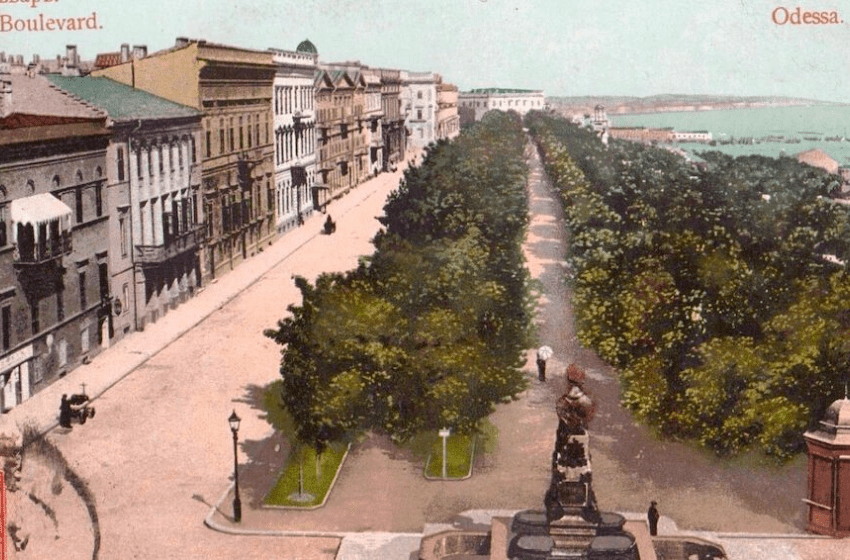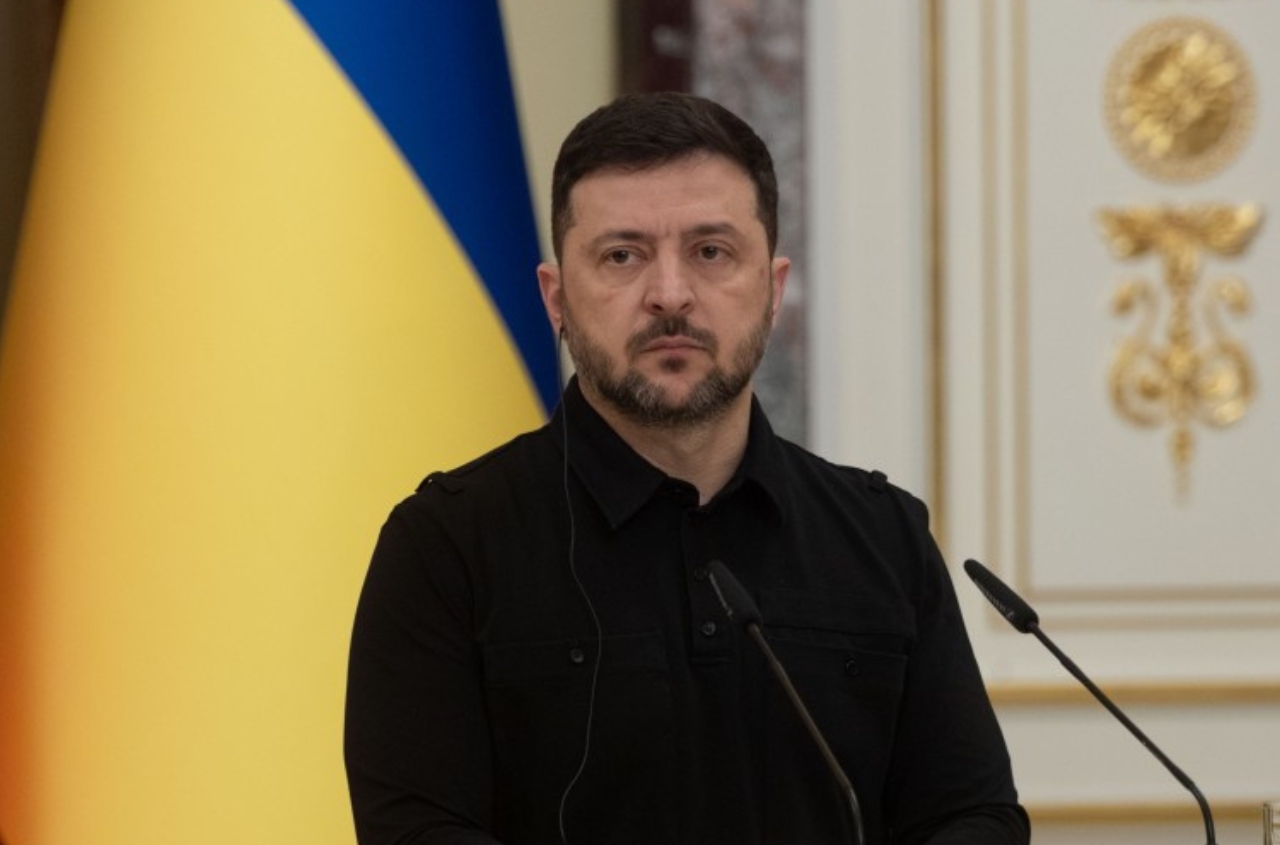In the streets [of Odessa] one hears Russian, English, Italian, German, Tatar, Polish, Turkish, Greek, Armenian, Moldavian, Bulgarian, Hungarian, Dalmatian, French, Swedish and Spanish, and these are not spoken merely by passing strangers, but the regular inhabitants.
Johann Georg Kohl (1830s), German writer and geographer
According to a report of the Council of Europe (Intercultural Cities) Odessa region’s population is composed by 133 nationalities. The largest ethnic groups are:
- Ukrainians 622,000 (61.6%);
- Russians 292,000 (29.0%);
- Bulgarians 13,300 (1.3%);
- Jews 12,400 (1.2%);
- Moldovans 7,600 (0.7%);
- Belarusians 6,400 (0.6%);
- Armenians 4,400 (0.4%);
- Roma 4,000 (0,4%)
- Poles 2.100 (0.2%).
For a comparison, these are the official census statistics made by the Russian Empire in 1897:
- Russians: 198,233 (49.09%)
- Jews: 124,511 (30.83%)
- Ukrainians: 37,925 (9.39%)
- Poles: 17,395 (4.31%)
- Germans: 10,248 (2.54%)
- Greeks: 5,086 (1.26%)
- Italians: 4,311 (1,08%)
- Tatars: 1,437 (0.36%)
- Armenians: 1,401 (0.35%)
- Belarusians: 1,267 (0.31%)
- French: 1,137 (0.28%)

Ten ethnic communities are given special recognition by the Odessa City Council. These community have cultural centres with spaces provided by the City Council administration for a symbolic price:
- Association of Bulgarians of Ukraine;
- Gagauz national-cultural society "Birlik";
- International Congress on the Protection of Rights and Freedoms of Citizens "Shield “;
- International Charitable Foundation "Reformation";
- Jewish Youth Center "Hillel ";
- Odessa Czech Society "Ceska Rodina";
- Odessa branch of the Union of Poles in Ukraine “Adam Mickiewicz";
- Odessa Association of Political Repressions’ Victims;
- Odessa regional association of Jews-former ghetto prisoners and Nazi concentration camps;
- National-cultural association of citizens "Belarus ".
Other cultural institutions are present in the City, funded by their donors:
- All-Ukrainian national-cultural Moldovan Association;
- Georgian national-cultural society "Sakartvelo";
- Jewish Culture Center "Beit Grand" Odessa;
- Hellenic Foundation for Culture Odessa;
- Odessa Armenian community;
- Odessa Bulgarian cultural and educational club "Ognishte";
- Roma congress "Bakhtalo drom";
- Russian national community "Rusich".
Any constituted ethnic group has the possibility to request support to establish facilities or to run social services. This system has been implemented over many years in Odessa and helped the relations with these social groups.
In some cases, these ethnic centers enhanced the reputation of Odessa. For instance, the Jewish Youth Center “Hillel†is the 2017 winner in the annual award for “Creation of conditions for preserving the national identity and ethnic identity of the national and cultural societies of Odessaâ€.


















